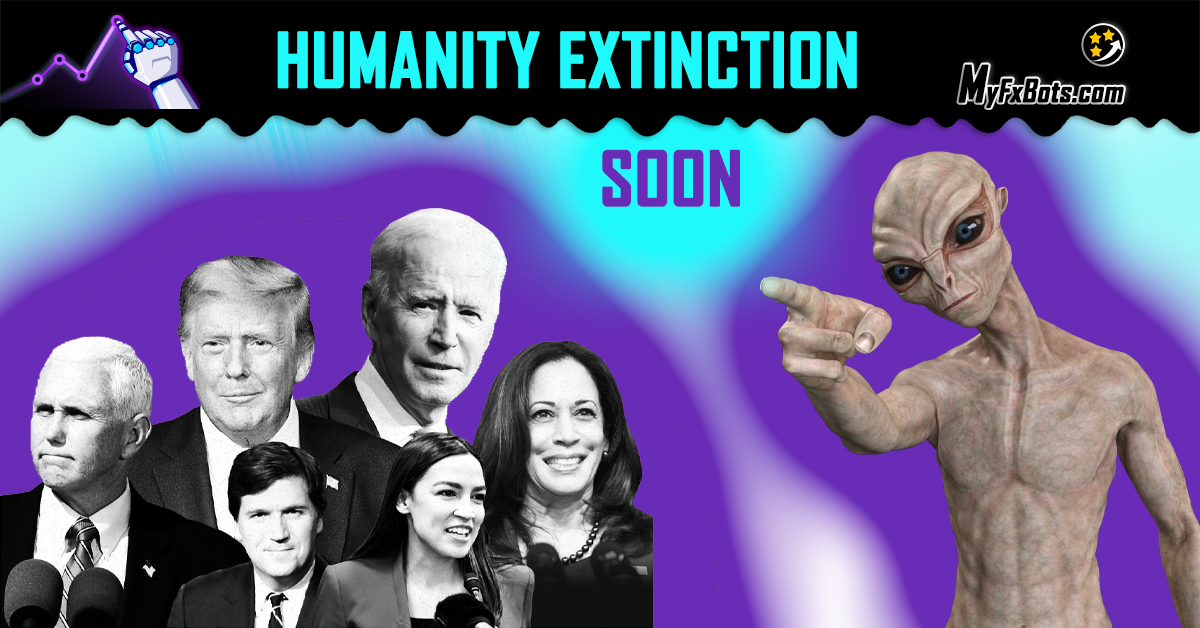Prediction markets are the most popular tool humans invented for predicting the future, which is a pretty bold claim. Let's take a closer look at this concept:
Imagine a world of brilliant experts, experts in a variety of fields, working night and day to predict the future. What would they come up with? Wouldn't that be awesome? A team like this already exists, and it's called the market. It takes thousands of professionals, the world's smartest people, every time you look at the S&P 500 stock price to predict it – algorithmic traders, mathematicians, and market analysts. They work day and night to anticipate the future and guess the best price that makes sense both in the current market and in the probable future. A generous financial reward is given to anyone who makes a better guess than the rest. The reason it works so well is that market prices are extremely accurate and are impossible to consistently beat.
Bets can be placed on events in the real world, similar to financial markets. Prediction markets are what they're called. A 'market' of bets is formed by people making educated guesses. Almost anything can be bet on - from the next US president to specific events, such as whether certain people will live until the year nnn. You can also wager on whether we will contact aliens by the year xxxx, or whether a certain technology will be invented before then.
If you're interested in prediction markets, I recommend watching this fascinating and entertaining video.
Predicting future events with this method is the most accurate way to do so. Despite the inherent uncertainty of knowing the future, it can often produce impressively accurate estimates. Research has shown that prediction markets are more accurate (in predicting election outcomes) than experts' opinions and poll data. An academic paper on that topic is available here, and a market's track record is available here.
What is its purpose? Taking a look at what people bet on may help you make a significant life decision. With this method, you can assess future probabilities with the greatest accuracy without being an expert. There will also be no need to read news articles, analyze expert opinions, etc. The only requirement would be to ensure that a good estimate is backed by enough people.
Using your prediction skills, you can outperform the market if you are an expert in some field. To estimate the probabilities of future events accurately, prediction markets naturally attract the best experts in every field.
There's an interesting bet going on in one of the popular prediction markets called «Manifold». Humanity will be wiped out by AI by 2040, basically. AGI (artificial general intelligence) is very likely to arrive by this time (as assessed by prediction markets, chances are at about 75%), and aligning AI with human goals seems to be challenging. (Here is an interesting article written by Anthropic – guys who left OpenAI, started their own AI company, and developed the second-best large language model out of all LLMs available today, beat only by GPT-4 used by the Perceptrader AI, so it's understandable to see such questions in the media.
While it doesn't make any economic sense to bet "yes" on such questions (since money can't be made without markets), it is generally likely to happen. This is a great reminder that we should focus less on future uncertainties and more on what we have right now. As well as spending more time with our loved ones, we should also do what we value the most. Regardless, it seems right.

































